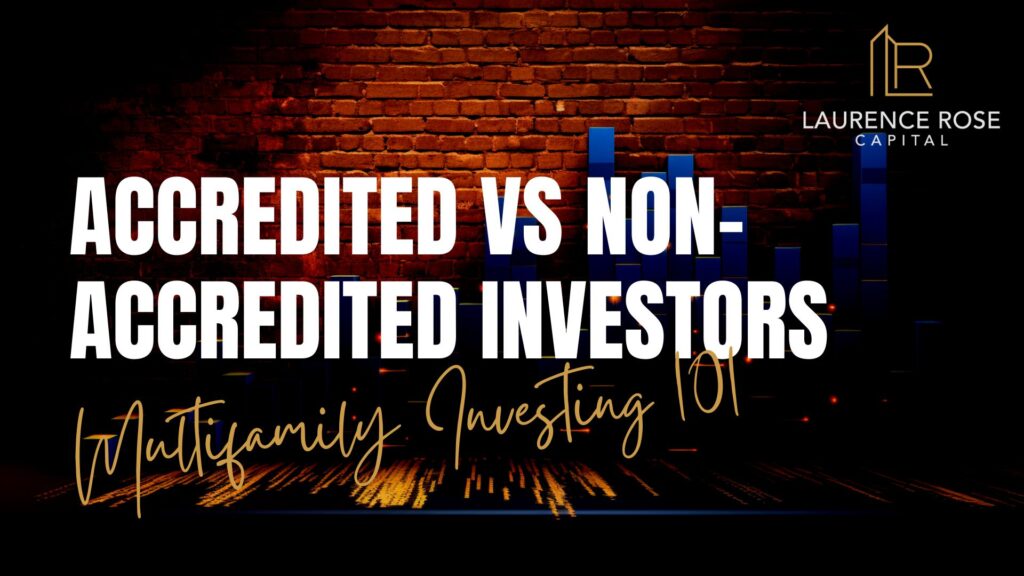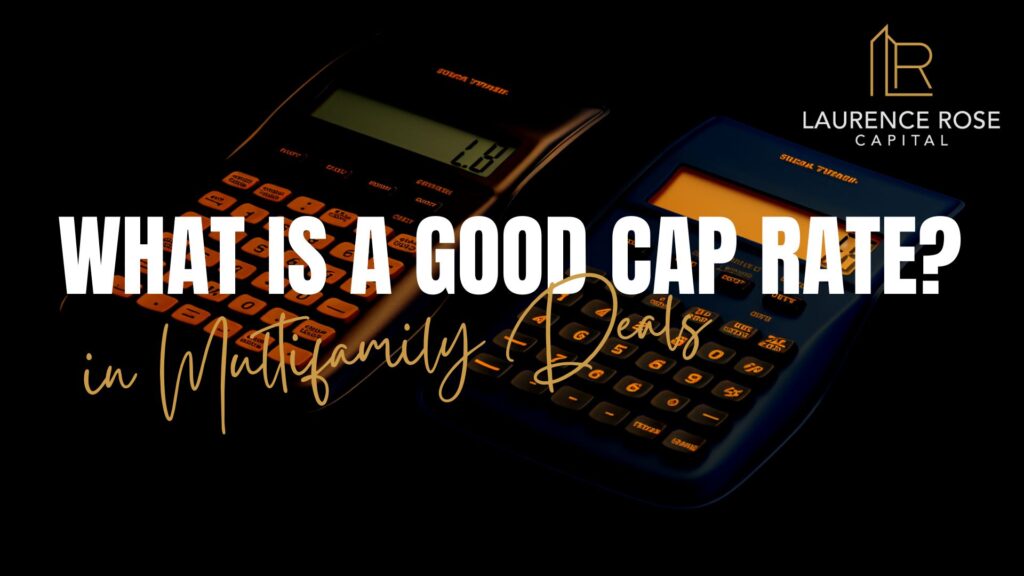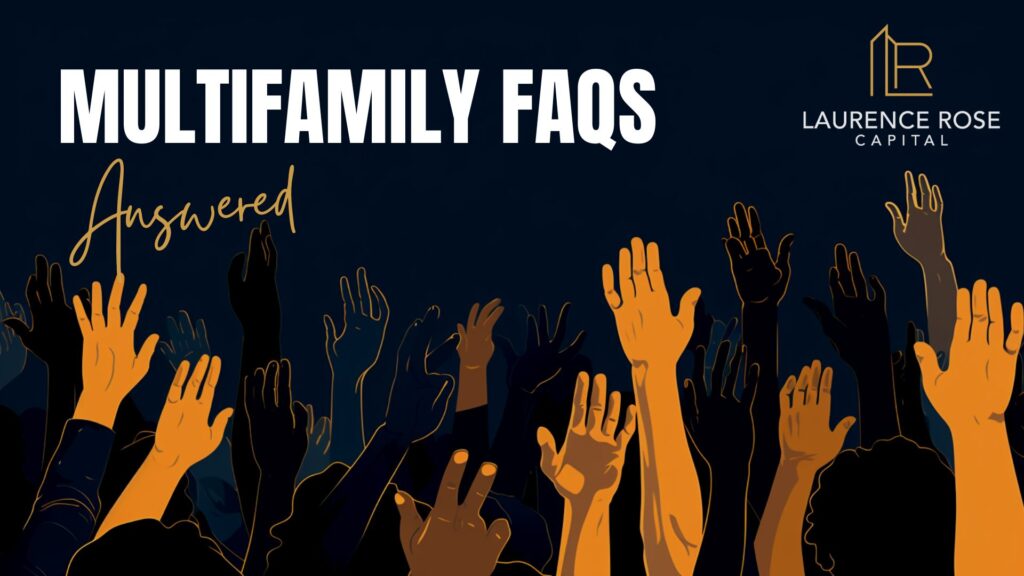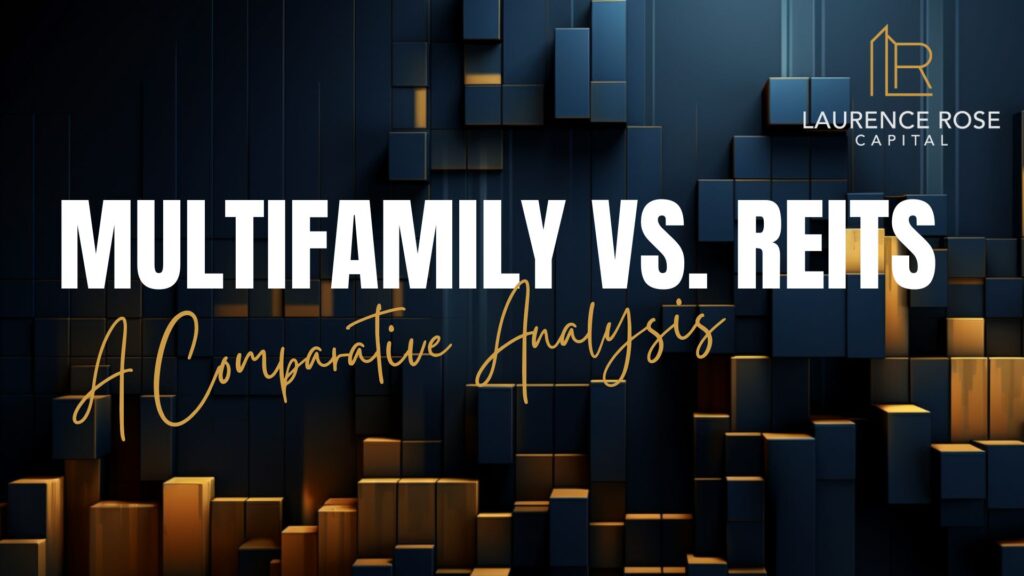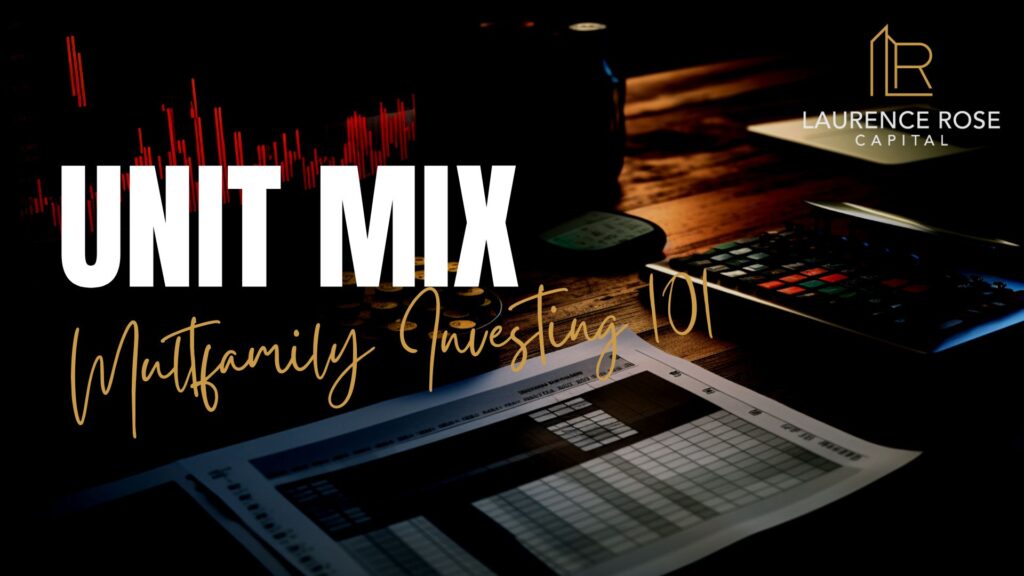Retirement 2.0: What If You Could Retire Now, Not Decades In The Future?
Have you ever seen one of these billboards on the side of the highway?
The message rings so true, doesn’t it? Most of us either procrastinate or put our retirement savings on autopilot.
After all, retirement is decades down the road, so why do we need to think about it right now?
What we need to think about is what to make for dinner, or how to meet this deadline, or what show to watch tonight. If there’s any time, maybe we think about doing some laundry. But…there probably won’t be any extra time.
Sound familiar?
Retirement is a daunting thing. It’s this massive stage of life that looms before us. We don’t know where we’ll be or what we’ll be doing when we reach retirement, but we sure get shown lots of pictures of happy people playing golf and lounging by the beach and eating at buffets. So, maybe that’s what retirement is all about.
Maybe you feel guilty for not doing more to plan for retirement, yet it’s so far in the future, and such a daunting task, that it’s always something to put off till tomorrow, or the weekend, or next year. One of these days, you’ll have it all figured out, you’re sure of it. Maybe once you hit middle age, or once you at least pay off your kids’ college tuitions.
But stop right there. Nothing deserves the right to make you feel guilty about your life, not even your retirement.
So instead, let’s flip this whole thing on its head. Let’s rethink the entire concept of retirement altogether.
Retirement 1.0
Traditionally, retirement is a stage of life that comes near the end, once your kids are grown and out of the house, and once you’re too old to keep working. By that time, you’ll have poured over forty years of your life into your career. Your paychecks will likely have paid for your home, car, and some nice vacations.
Along the way, you’ve saved, let’s say, ten percent of your income every year, to put toward you retirement nest egg.
By the time you reach retirement, you’re supposed to have saved enough to stop working and live off your savings for the rest of your life. No matter how long you live.
What If You Run out of Money?
What happens if you inherited the longevity gene from your great aunt Mary, and you live to be one hundred years old? That’s potentially another thirty-five years after retirement. ?
Even if you have enough to last through the end, that amount will likely be much smaller than the amount you started with when you entered retirement, because you’ll be spending your savings during that time. There will be very little, if any, additional income coming in during your retirement.
Rather than accumulate more money, the goal of retirement is simply to enjoy your life, while not running out of money.
But this is, in fact, one of the most common fears about retirement. People worry that they’ll run out of money before they run out of life.
And this fear makes total sense, when you think about retirement in the frame of this traditional model.
Rethinking Retirement 1.0
Let’s examine this from another angle. You know that cautionary tale about the squirrel who stores up acorns for winter? While his friends play all day, the squirrel works hard all spring, summer, and fall to store up enough acorns to last through the winter.
When winter comes, the squirrel can relax and enjoy the acorns he’s worked so hard to store up, while his friends, who didn’t think ahead, go hungry.
This is essentially the model of retirement we’ve all been taught. Save first, then spend.
But what if winter lasts longer than the squirrel had anticipated? Then the squirrel has to go back out to scrounge for food, even in the dead of winter.
What if, instead of spending all that time gathering acorns himself, the squirrel had devised ways for the acorns to accumulate automatically? (Don’t get caught up on the practicality of this hypothetical situation, just humor me for a minute.) Then, he could play with his friends during the best seasons of the year, have enough to last all winter, and potentially end the winter with more than he started.
This is the model of retirement I’d like to explore. Let’s call it Retirement 2.0.
Retirement 2.0
For a moment, let’s set aside the traditional model of retirement we’ve all been taught and reimagine retirement as it should be.
What if . . . we didn’t have to wait until the end of our lives for retirement?
What if . . . retirement could be something we could enjoy right now?
What if . . . we could be retired AND still continue working, but do what we love, not merely what we have to do?
What if . . . retirement were not a stage of life but rather, a state of mind?
Now, this seems like a model of retirement that’s worth spending more time on than spell check. This seems like a retirement that’s exciting, rather than daunting. This is a model of retirement I could get behind.
In order for this model of retirement to work, you have to imagine that you could find a way to generate income without you having to do anything (i.e., passive income).
This additional income would cover your living expenses, or perhaps even more, making it possible for you to quit your job and start a new adventure, or continue working your job, but with the mindset that you get to do it, rather than have to do it.
Retirement 2.0 is not a stage of life that comes at the end, a last hurrah. Rather, it’s an ongoing part of your life. Retirement 2.0 allows you to slowly replace your active income (from working your job) with passive income (that you make while you sleep), so that you get to live the life you’ve always wanted, while your kids are still young, and while you’ve still got your health.
And not only that, Retirement 2.0 allows you to create an engine for ongoing income and wealth accumulation, so that, regardless of what you do, you’re generating income for your family. That way, at the tail end of your life, you’re continuing to generate more income, rather than worrying about spending it all.
But, of course, Retirement 2.0 is not easy to achieve. It requires work, ingenuity, and courage. It requires you to think outside the box, to hustle, and to dare to create your own path.
Retirement 2.0 is certainly not for everyone.
But if you’re ready to take life by the horns and to make retirement an active part of your life, read on, to learn about how to make Retirement 2.0 a reality.
Achieving Retirement 2.0
Retirement 2.0 requires you to think outside the box, challenge the conventional wisdom you’ve been brought up with, and try new things in an effort to achieve financial freedom.
Start by working backwards from the amount of money you need to live each month.
This is your freedom number.
Your mission now is to discover ways to generate this amount of money passively each month. The keyword here is passive. You’re not looking for another job to replace your current one. That’s called a career change, not retirement.
What you’re looking for are ways to generate income while you sleep.
If you haven’t done this before, it can seem like a completely foreign concept. Generate income while I sleep? That sounds like something right out of a late-night infomercial.
But believe me, once you get the hang of it, it’ll open up a world of possibilities you never even knew existed.
There are countless ways to generate passive income. Some people write books, some people create online businesses, some people invest in real estate.
It is, of course, the last of those that has brought me to where I am, and Goodegg Investments to where it is.
Through investing in real estate, I generate income in my sleep.
Regardless of what I do that month – work overtime or lounge on the beach – that rent check comes in every month, like clockwork. My fish keep piling up, and I don’t even need my fishing pole anymore.
Each piece of real estate I’ve invested in generates income on my behalf and contributes to my freedom number.
As long as I hold the real estate, it continues to generate income each month. It’s money coming in each month, rather than money going out, which makes it possible for retirement to be part of my life now, rather than down the road.
To Retirement, and Beyond!
As I mentioned, there are many, many ways to generate passive income. It can be difficult to take that initial leap, to think outside the box, and to get started.
But once you do, that little passive income snowball will keep getting bigger and bigger, and soon, you’ll spend all your time on your retirement, and no time at all on spell check.
If you’re interested in leveraging passive real estate investments on your journey to your Retirement 2.0, a great place to start is by joining the Laurence Rose Family. Here’s to retirement, and beyond!



